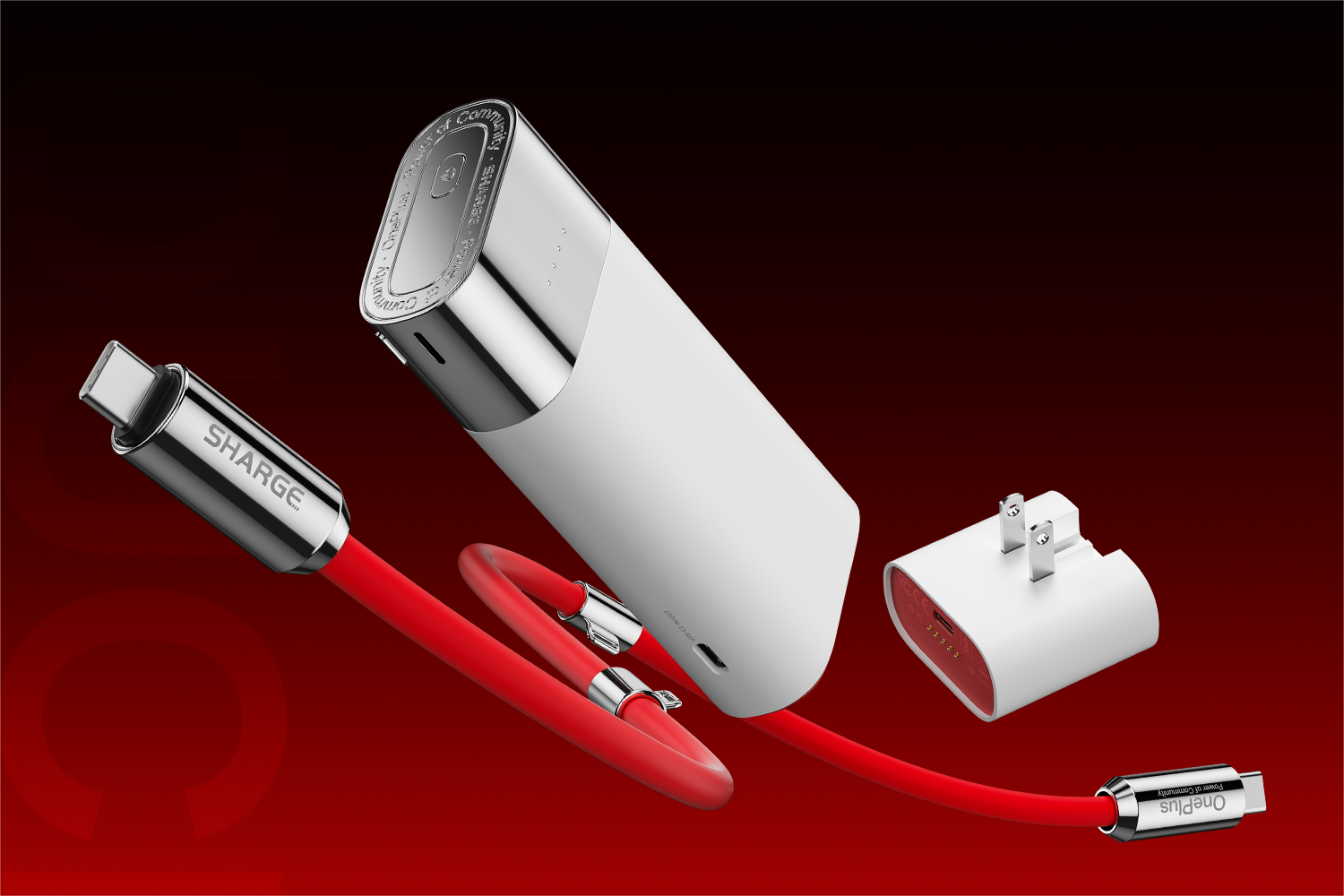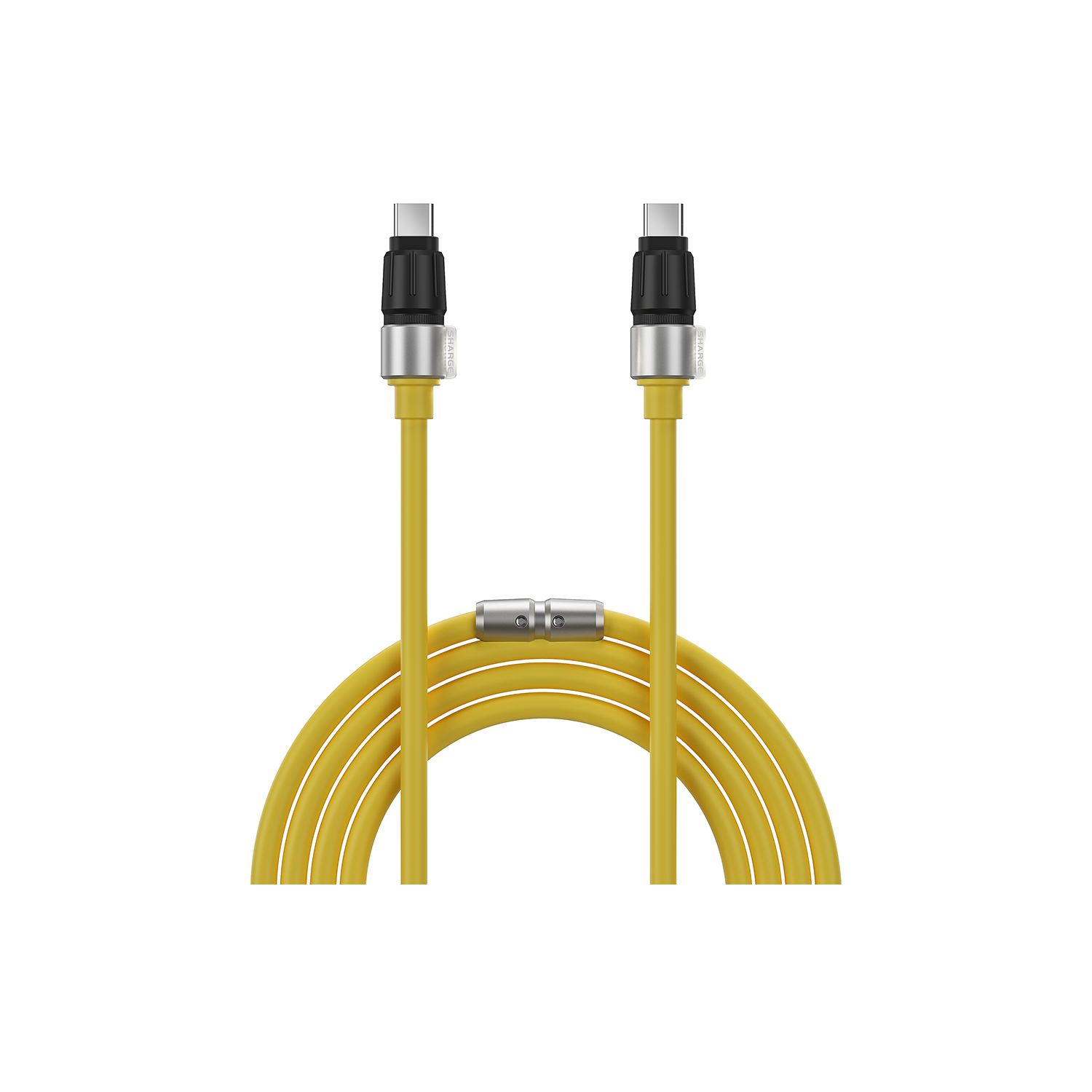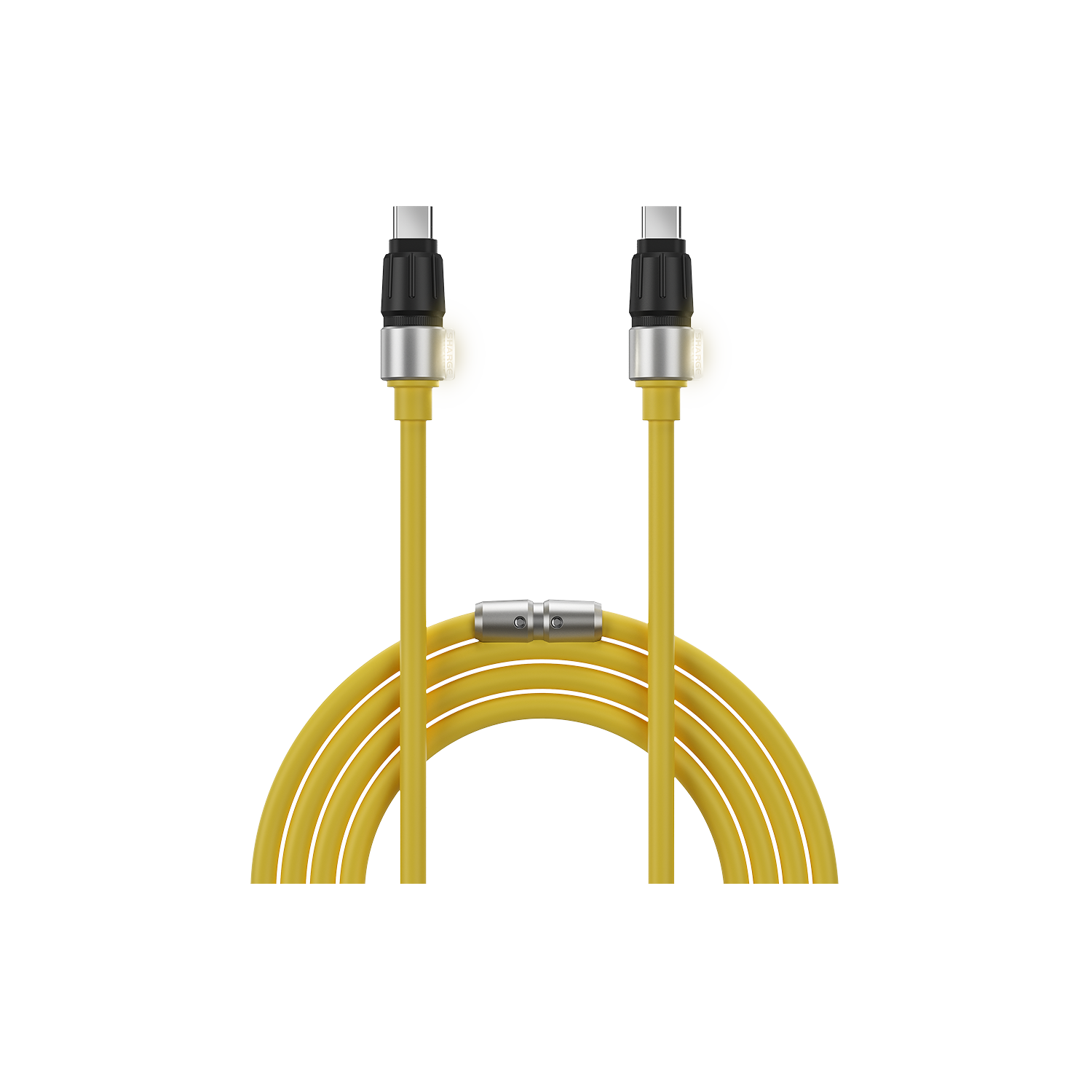In today's fast-paced world, staying connected is crucial, and the last thing we need is a low battery slowing us down. That's where fast charging technology comes into play. Fast charging has revolutionized the way we power up our mobile devices, providing a quick and efficient solution to battery drain. But how does it work, and what are the benefits for mobile devices? Let's delve into the world of fast charging.
How Does Fast Charging Work?
Fast charging technology works by increasing the amount of power delivered to your device, allowing it to charge at a much quicker rate than conventional chargers. Traditional chargers typically deliver around 5 watts of power, whereas fast chargers can provide anywhere from 18 watts to over 100 watts, depending on the specific technology used.
One common type of fast charging is Qualcomm's Quick Charge technology, which dynamically adjusts voltage levels to provide optimal charging speeds while preventing overheating. Another popular method is USB Power Delivery (USB-PD), which allows for higher power delivery through USB connections. Additionally, there are other fast charging solutions such as Apple's MFi-certified technology, Samsung's Adaptive Fast Charging, and Oppo's VOOC, each with their own unique features and specifications.
Benefits of Fast Charging for Mobile Devices
1. Time-Saving: With fast charging, you can top up your device's battery in a fraction of the time compared to standard chargers. This means less waiting around for your device to be ready for use again.Fast charging technology eliminates the need to worry about charging time. With the support of fast charging technology, users can charge their phones in a short time without worrying about the charging time affecting their use.
2. Convenience: Whether you're on-the-go or simply in a rush, fast charging provides convenience by quickly replenishing your battery when time is limited.
In addition, fast charging technology can also make it easier to charge the device when not in use, thereby reducing the cost of use.
3. Enhanced Productivity: A fully charged device means you can stay productive without interruptions or worrying about running out of power during important tasks.
At the same time, it can also reduce energy loss during the charging process, thereby increasing the service life of the equipment.
4. Future-Proofing: As mobile devices continue to advance with larger batteries and more demanding usage patterns, fast charging ensures compatibility with upcoming technologies and longer-lasting usage without being tethered to an outlet for long periods.
5. Battery Health Management: Some modern fast-charging technologies incorporate better heat management and voltage regulation features that help extend overall battery lifespan compared to traditional chargers that may degrade batteries faster due to irregular voltage/current delivery.
Future Developments in Fast Charging
As technology continues to evolve, we can expect to see even more advancements in fast charging capabilities. This includes the potential for higher charging powers, smarter battery management algorithms, and the integration of wireless fast charging. These improvements will further enhance the user experience by providing faster, more efficient, and more convenient charging solutions for our mobile devices.
In conclusion, fast charging technology has undoubtedly transformed our daily lives by providing an efficient solution that keeps pace with our increasingly busy schedules while maintaining long-term reliability. As we continue to rely on our mobile devices more than ever, the benefits of fast charging will only become more apparent and invaluable.
Remember to always check compatibility with your phone model before purchasing any third-party charger or cable, as non-compatible ones could damage or slow down performance due to uneven delivery of charge levels.












1 comentario
felipechavez8765@mail.com
Mastercharge 5594830694
Dejar un comentario
Este sitio está protegido por hCaptcha y se aplican la Política de privacidad de hCaptcha y los Términos del servicio.